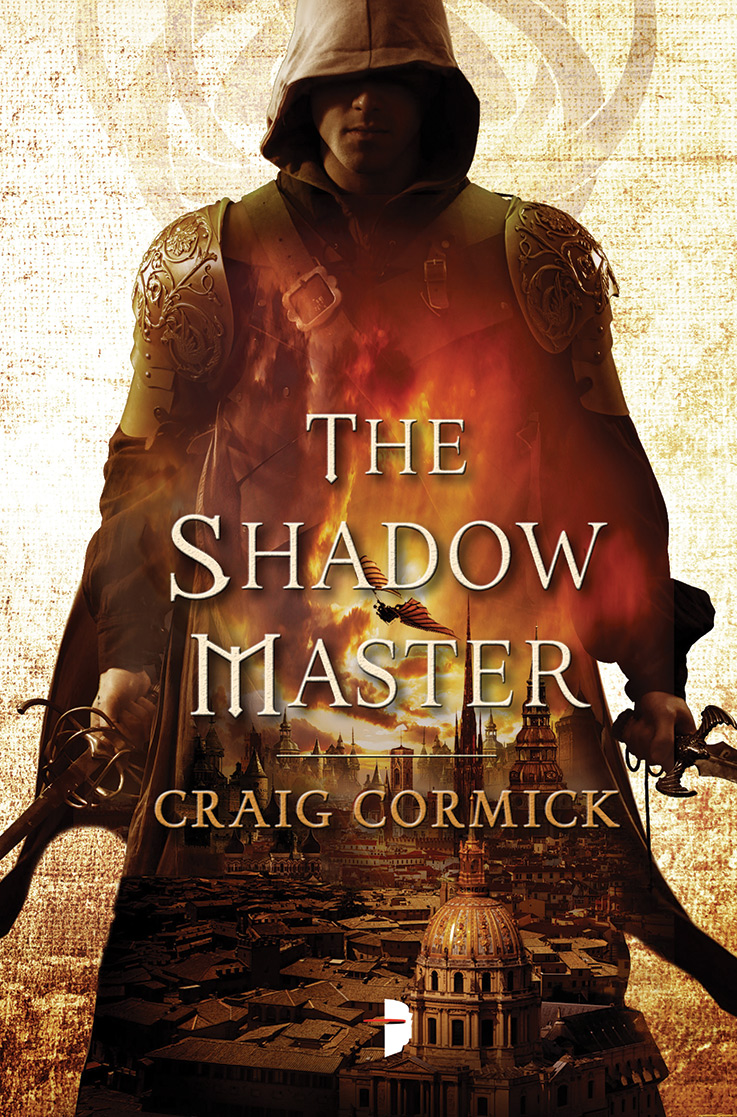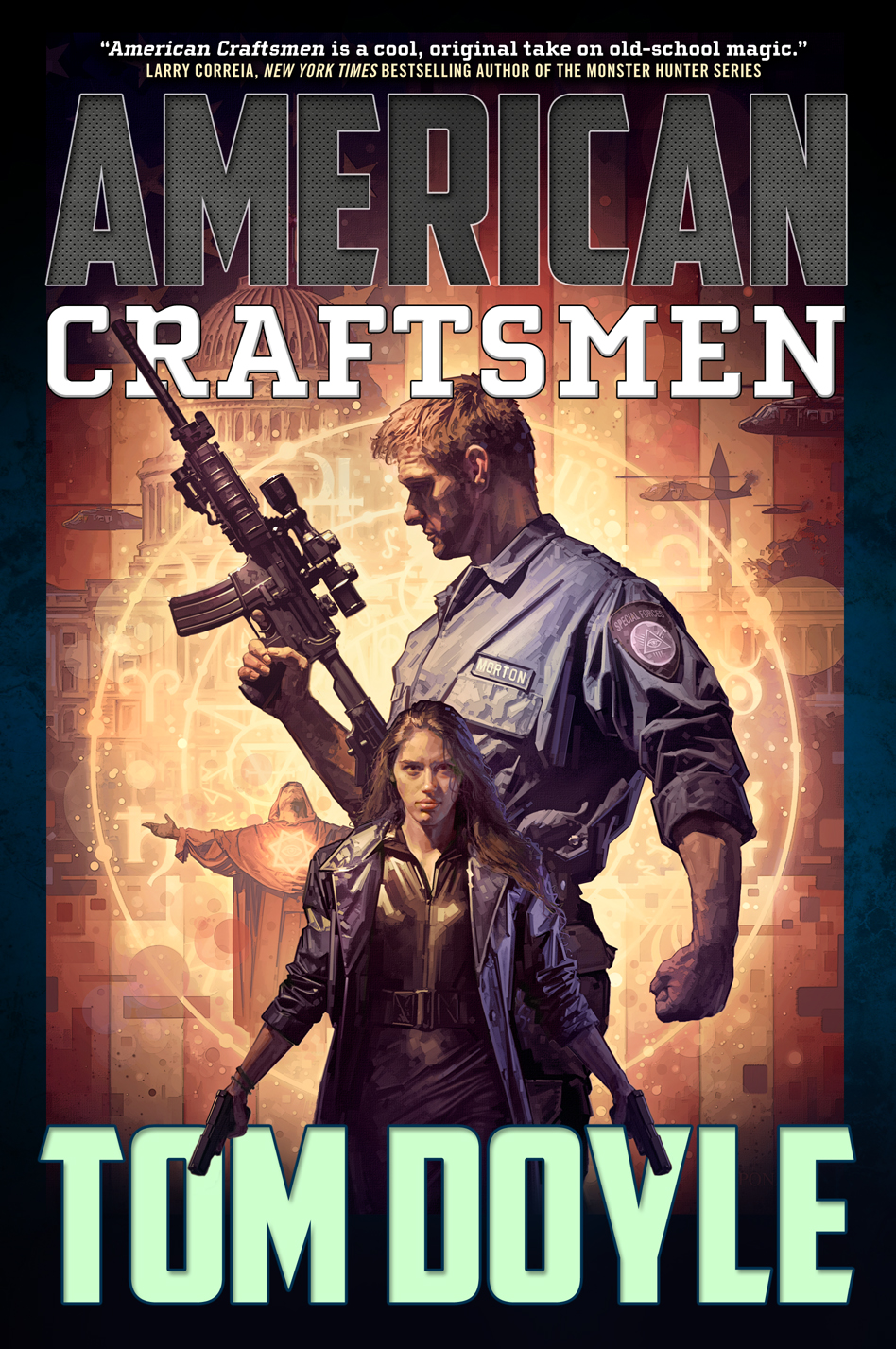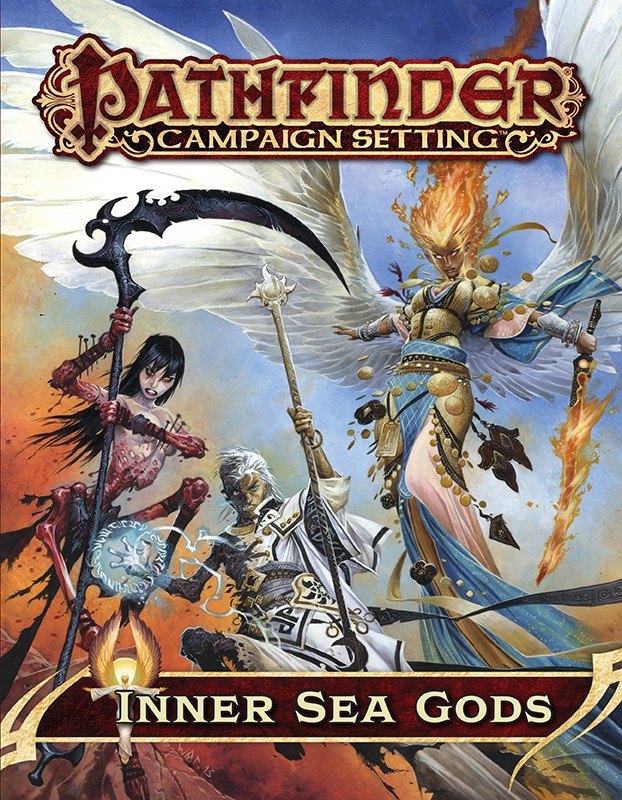Last week, I appeared on the great SF Signal twice! (Two, ponderous!)
First was my participation in the Mind Meld curated by the wonderful Kristin Centorcelli (AKA MyBookishWays), the topic of which was: Books That Have Had a Profound Effect on Readers and Writers.
Books have the power to make us laugh, cry, and everything in between, and there are those books (you know what I’m talking about) that can actually change the way we think and influence us in very powerful ways, even changing the course of our lives. I asked our panel this question:
Q: As authors, and readers, what book or books have affected you in a profound way, and why?Here’s part of my response…
As kid, I was I thoroughly enthralled with The Three Investigators series of books, which initially featured Alfred Hitchcock as mentor to young investigators Pete Crenshaw, Bob Andrews, and Jupiter Jones....Stephen King’s books appear on this roadmap twice, the first of which is Cujo. My parents were two of his many constant readers and Cujo was the first of his that I read, oh maybe around fifth grade? Why Cujo? While my mom was always a big reader my dad was not. That is, until he read Cujo (quite frankly he still isn’t unless King or Joe Hill wrote the book), so naturally, this was the one I gravitated towards and it was the first true for-grown-ups book I read.... the work of Matthew Woodring Stover came to my attention with Heroes Die. This is the book in the genre I use as a measuring stick to judge most of everything else I read in the genre nowadays.
John D. also posted my latest "Completist" column was also posted, featuring Mark Chadbourns's Celtic-flavored Apocalypse The Age of Misrule:
Mark Chadbourn’s AGE OF MISRULE trilogy is the first of three connected trilogies and it was the first set of his books to make their way to the US. As I’ve indicated in previous columns, the imprint Pyr made a nice splash in its early years through a combination of brilliant new voices (David Louis Edelman’s Jump 225 Trilogy) and bringing books to US readers previously only available in other countries. I recalled reading about Chadbourn’s Celtic-flavored apocalyptic series and was curious about the books so I was very pleased when Lou Anders signed Chadbourn and published these books. What’s more, he had the three books wrapped in stunningly gorgeous artwork from John Picacio....Flavors of Horror, Dark Fantasy, Mythic Literature, and Epic Fantasy blend very well and that might be the strength of the trilogy. Early on, the series has a slight feel of horror and even urban fantasy. Chadbourn does a very good job of giving an overall unsettling feeling to things. It proves for a fascinating read, but for the characters, this unsettling feeling is transitioned well from fear and shock to understanding and acceptance.





















